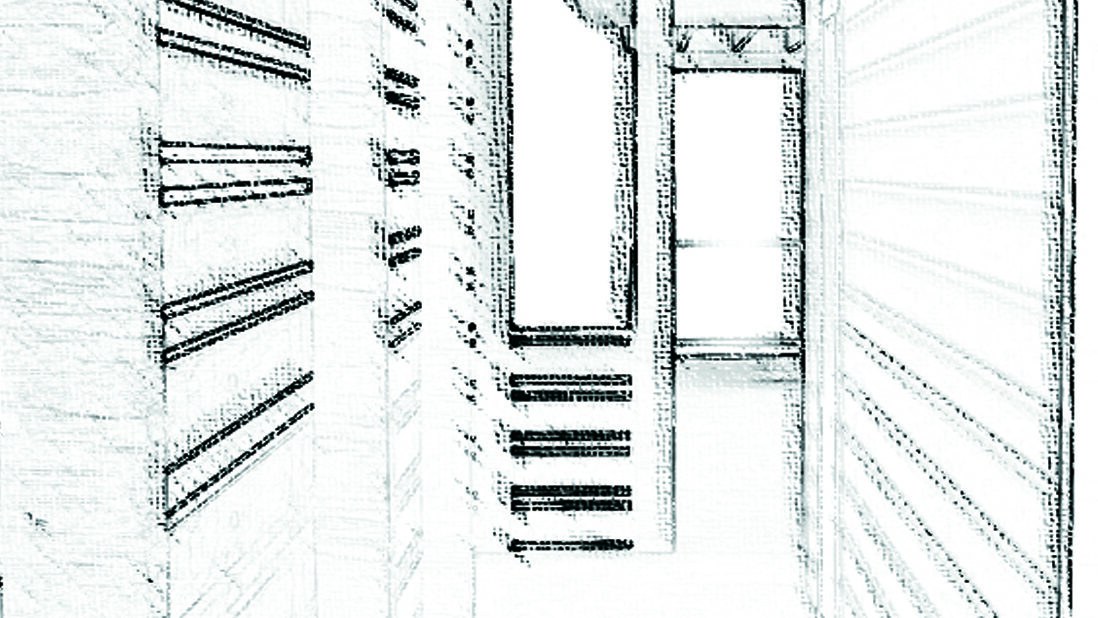Eenie, Meenie, Miney, Moe…
Selecting an architect is one of the most telling choices in the life of a project, and the criteria vary depending on the type of project you’re doing. If you’re hiring an architect only because the law requires you to, price is probably your primary criteria. If you’re hiring an architect to work on your personal home, trust and communication is probably key. If you’re hiring someone to do a large complicated job, experience is often the most important factor you should look at. Notice the one issue I did not mention is size, and this is because with the advent of modern CAD and BIM software, any firm can conceivably tackle just about any project, having a firm of 20 people is not an advantage if the project only takes 2-3.
So, if you’re building or renovating a commercial structure, and just need someone to sign off on the simple work you’re planning on doing, I hate to say it, but price is probably the only issue you should worry about. Contact a couple of architects and get quotes, you can even try to use each of the quotes to beat the other’s price down. In these sort of projects, all of the skills and experience architects bring to a project are far less important than their seal on the drawings that gets you through permitting. This is only true if you already know exactly what you want to do and won’t need someone to make suggestions, guide the process, or play peacemaker with the contractor, but these projects exist, and honestly, make up a decent portion of my bread and butter work so it would be silly to just ignore them.
Now, if you’re doing work on your own residence or a higher end project where the design is more crucial, price isn’t ignored, but neither is it the defining factor in the relationship. In general, there is a certain cost to doing design work, but different firms will charge wildly different prices depending on their current work load, overhead, experience with that client or jurisdiction, and about a million other details. Therefore, you shouldn’t let an architect gouge you and be willing to go elsewhere if they’re overpriced, but as long as their in line with other firms, then you should pick the one who inspires the most trust. The most important issue here is finding someone who you can communicate with and feel confident can guide your desires into the space of your imagination. If you have no imagination (there’s no shame in that) then selection might depend on how excited or imaginative your architect is about your project. It isn’t impropper to ask for a sketch or two or some ideas prior to signing a contract, but be aware, many architects are leery of working for free (which that would be.)
Finally, there are huge or complicated projects that the defining characteristic should be past experience. You do not want to pay for the learning curve of your architect. There are still price and trust issues to consider, but if you’re doing a school and they’ve never done a school before, you might want to consider using someone else. Another solution would be to encourage a firm you like to partner up with a firm who has experience on that type of project, and you get the best of both worlds. A firm you trust with a firm who can guide that architect past potential problems. Some firms play nicer with other firms than others do, so an alliance or limitted partnership won’t always be feasible, but it makes sense for both parties as it gives the one firm experience for the next time they try to get a similar project and gets the other firm in on this job.
No matter what type of project you’re considering, picking an architect can help lead to success or failure, and it’s one of the first decisions you should make. Don’t be afraid to ask questions of their relevant experience, for references (in fact, sometimes the easiest way to find a good architect is to ask a friend or neighbor who they’ve used and if they were happy with them), negotiate on price (careful there to be respectful), and remember that this person will be someone you will potentially be working with for a while in a high pressure environment.
